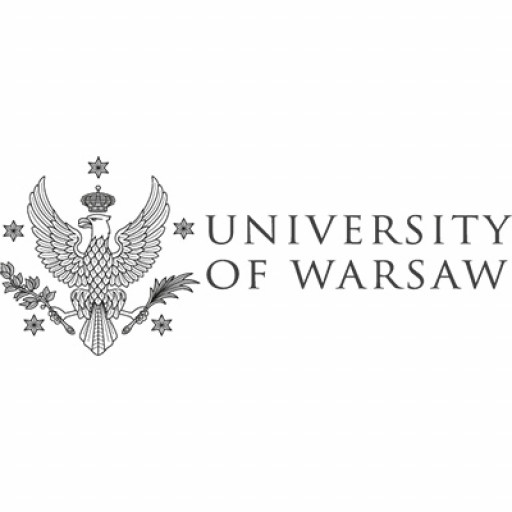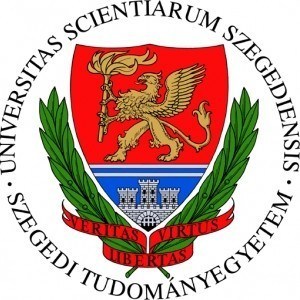Photos of university / #oxford_uni
This is a research degree leading to the DPhil in Inorganic Chemistry. Many training opportunities are available throughout the course, but the focus of the course is the research project.
Graduate destinations
Most students who have studied the DPhil in Inorganic Chemistry remain in chemistry, some in the educational sector, and some go into industry, particularly the health-related industries such as pharmaceuticals.
There is a wide variety of other destinations, including scientific writers, patent attorneys, government and the civil service; and a few go into financial services.
The department runs an annual careers conference for graduate students and the careers service offers a side variety of support, including CV workshops. The department also hosts a large number of visits from prospective employers, where students can find out more information. There is an alumni officer, who keeps in touch with graduates, and the department runs a number of social and scientific events for them.
You will be admitted as a Probationary Research Student and will join a research group supervised by one or more members of the Department of Chemistry, sometimes in collaboration with other departments. During the first year, in addition to starting work on your research, you will be encouraged to follow training courses chosen from the vast number offered by the Mathematical, Physical and Life Sciences (MPLS) Division Graduate School, and it is recommended that you attend at least three of these. A termly report on your progress is submitted by your supervisor throughout the course.
At the end of the first year you will undergo a Transfer of Status assessment, which is to ensure that you have the potential to gain a doctorate. This assessment will be made on the basis of a report and oral examination.
Research proceeds with termly reporting throughout the next two years, and there is the opportunity to follow further courses during this period. By the end of the third year you must pass Confirmation of Status, which is to ensure that you are on track to complete the thesis within a reasonable time.
The degree is examined by thesis and oral examination by two examiners, one of whom is normally from Oxford and one from elsewhere.
Applicants are normally expected to be predicted or have achieved a first-class or strong upper second-class undergraduate degree with honours (or equivalent international qualifications), as a minimum, in a subject relevant to the proposed research. Normally this will be a chemistry degree, but degrees in other physical sciences or in a biological science may be suitable.
For applicants with a degree from the USA, the minimum GPA sought is 3.6 out of 4.0.
However, entrance is very competitive and most successful applicants have a first-class degree or the equivalent.
A previous master's degree (either an integrated master's degree or standalone) is preferred but is not required.
If you hold non-UK qualifications and wish to check how your qualifications match these requirements, you can contact the National Recognition Information Centre for the United Kingdom (UK NARIC).
No Graduate Record Examination (GRE) or GMAT scores are sought.
Applicants with substantial professional experience are welcome.
- Official transcript(s)
- CV/résumé
- Statement of purpose: Up to one page or 1,000 words
- References/letters of recommendation:Three overall, generally academic
ENGLISH LANGUAGE REQUIREMENTS
Higher level
|
Test |
Standard level scores |
Higher level scores |
||
|
IELTS Academic |
7.0 | Minimum 6.5 per component | 7.5 | Minimum 7.0 per component |
|
TOEFL iBT |
100 |
Minimum component scores:
|
110 |
Minimum component scores:
|
| Cambridge Certificate of Proficiency in English (CPE) | 185 |
Minimum 176 per component |
191 |
Minimum 185 per component |
| Cambridge Certificate of Advanced English (CAE) | 185 |
Minimum 176 per component |
191 |
Minimum 185 per component |
Want to improve your English level for admission?
Prepare for the program requirements with English Online by the British Council.
- ✔️ Flexible study schedule
- ✔️ Experienced teachers
- ✔️ Certificate upon completion
📘 Recommended for students with an IELTS level of 6.0 or below.
- Global Education
- Hill Foundation Scholarships










